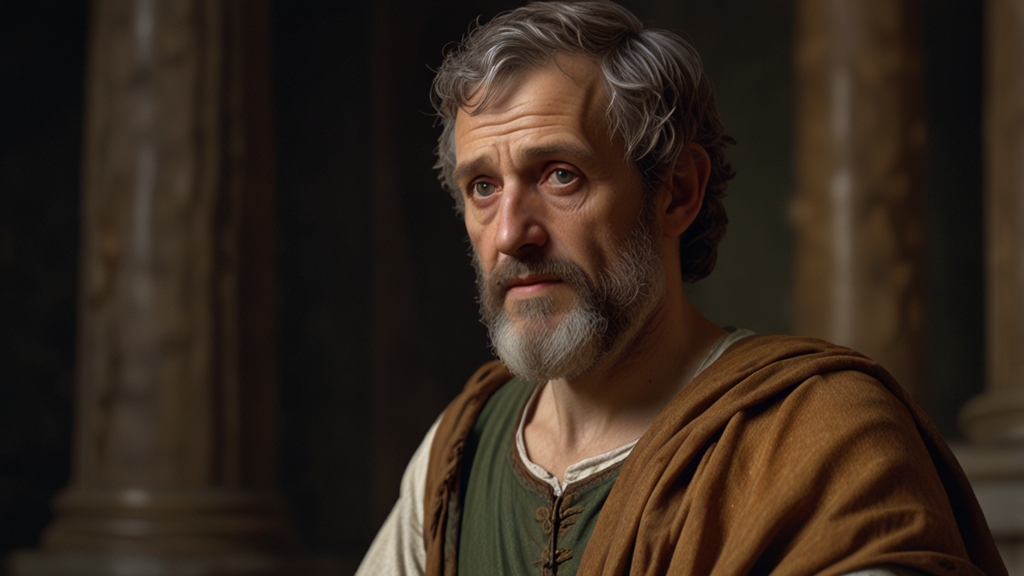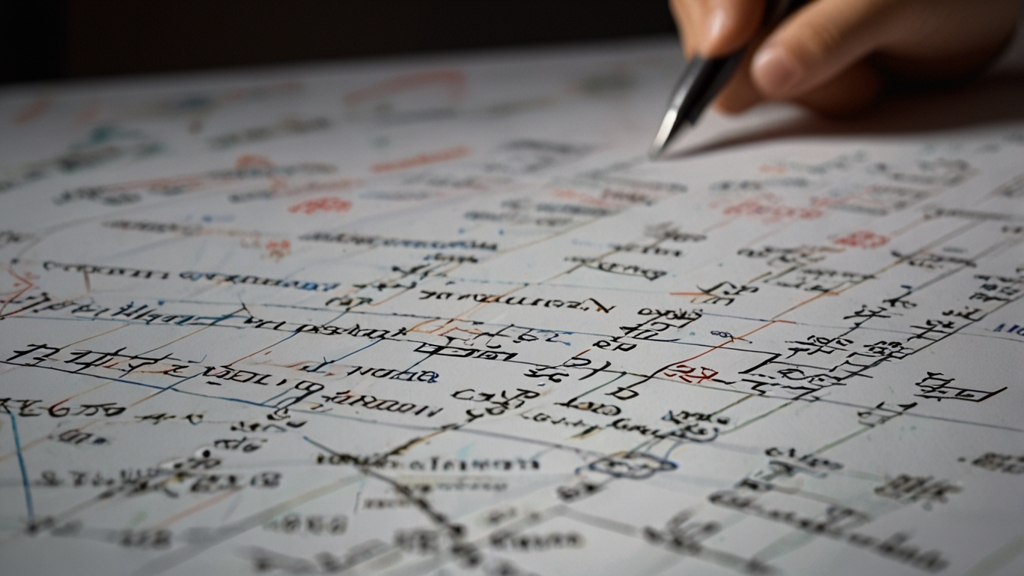Prophets in Literature: How Fiction Mirrors Our Beliefs
Throughout history, literature has often served as a mirror to our beliefs, values, and societal norms. One enduring motif in this reflective art form is that of the prophet. Prophets in literature frequently serve as harbingers of change, bearers of truth, and conduits for divine or existential wisdom. They are characters who challenge the status quo and offer new perspectives, much like their real-life counterparts. This article explores the portrayal of prophets in literature and how these characters reflect and shape our beliefs and understanding of the world.
The Archetype of the Prophet
The concept of a prophet is deeply rooted in religious and mythological traditions. In religious texts, prophets are often depicted as individuals chosen by a higher power to deliver messages to humanity. This archetype transcends religious boundaries and seeps into the fabric of literature, where it evolves but retains its core essence. The literary prophet might not necessarily deliver divine messages, but they serve a similar purpose: to unveil hidden truths and prompt introspection among other characters and readers alike.
Prophets as Voices of Truth
One of the quintessential roles of prophets in literature is to be the voice of truth. These characters often see the world more clearly than others, recognizing societal flaws, moral lapses, and potential disasters. They are frequently marginalized or dismissed by society, much like historical prophets who were often ostracized for their radical ideas. In works like Shakespeare’s "King Lear," the Fool serves a prophetic role, using wit and irony to reveal uncomfortable truths to Lear, ultimately guiding him towards a painful but necessary self-discovery.
The Fool: "So out went the candle, and we were left darkling." - King Lear, Act 1, Scene 4
Similarly, in George Orwell’s "1984," the character of Emmanuel Goldstein embodies the prophetic voice through his book, which uncovers the mechanisms of control employed by the totalitarian regime. Goldstein’s revelations are a lifeline for the protagonist Winston, representing the hope of enlightenment in a bleak world.
Prophets as Agents of Change
Literary prophets also often act as catalysts for change within their worlds. By introducing new ideas or calling out injustices, they set the stage for transformation. In Herman Melville’s "Moby-Dick," Captain Ahab embodies a twisted form of prophecy. Fueled by his own obsession, he foretells doom for himself and his crew, driven by a singular vision of destroying the white whale. His prophetic monologues are filled with a fervent intensity that compels the crew and readers to question the boundaries between sanity, obsession, and fate.
“Aye, aye! and I’ll chase him round Good Hope, and round the Horn, and round the Norway Maelstrom, and round perdition’s flames before I give him up.” - Moby-Dick, Chapter 36
In contrast, novels like Margaret Atwood's "The Handmaid's Tale" present prophets in the form of visionaries who imagine alternative futures. Through the eyes of characters like Offred, the narrative explores the potential for change in a dystopian society. Their inner monologues and acts of defiance appear as sparks of prophetic insight, highlighting the power of resilience and hope in oppressive systems.
Reflection and Resonance with Readers
Prophets in literature do more than influence characters within their stories; they also resonate deeply with readers. These narratives invite us to reflect on our own beliefs and societal structures. By presenting prophetic characters, authors challenge readers to consider alternative viewpoints and recognize underlying truths about human nature and society. The impact of these characters often extends beyond the pages of their respective books, inspiring real-world contemplation and, sometimes, action.
In conclusion, prophets in literature serve as dynamic forces that mirror and mold our understanding of the world. Through their roles as truth-tellers and agents of change, they offer profound insights into the human condition and challenge us to reflect on our own lives. As we navigate the complexities of our world, these literary prophets remind us of the enduring power of truth and the potential for transformation.








